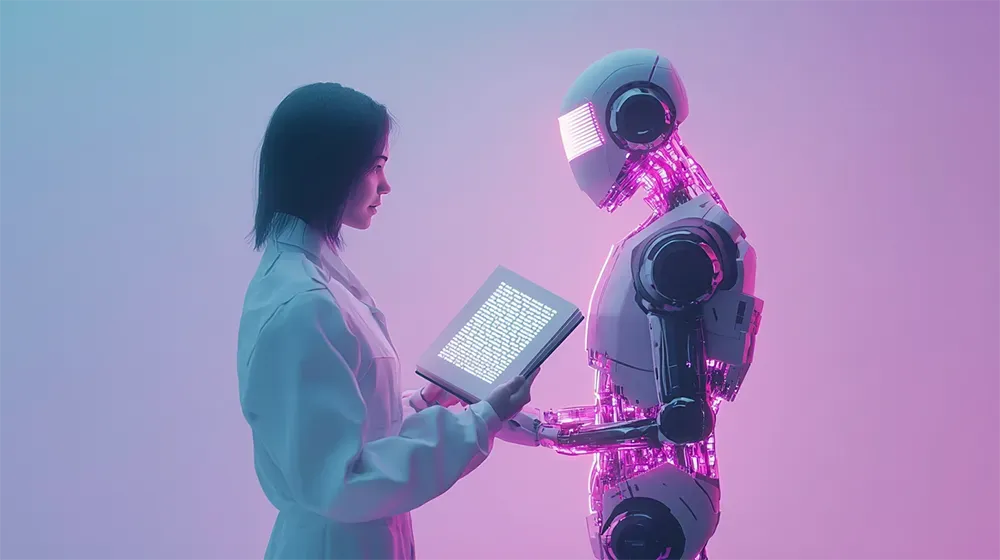Translators Are Training the AI That’s Replacing Them—For Now

Imagine training your replacement, knowing it will eventually take your job. That’s the reality for Turkish translators, who are fine-tuning AI models until those same models no longer need them. How long before AI stops learning from us and starts replacing us?
Turkish translators are in a paradox: training AI models like ChatGPT and Gemini while watching their own careers disappear. Entry-level translation jobs have shifted from human craftsmanship to AI post-editing, with skilled professionals now rating chatbot responses for fluency, tone, and accuracy.
But once the models improve, even these training jobs may vanish.
- AI training roles provide short-term stability but reduce long-term career prospects.
- The translation industry is shifting from human expertise to AI post-editing.
- Elite translators may survive, but most will be outpaced by automation.
If AI can already translate with increasing accuracy, will human translators soon become obsolete? Or will there always be a space for human nuance in language and meaning?
Read the full article on Rest of World.
----
💡 We're entering a world where intelligence is synthetic, reality is augmented, and the rules are being rewritten in front of our eyes.
Staying up-to-date in a fast-changing world is vital. That is why I have launched Futurwise; a personalized AI platform that transforms information chaos into strategic clarity. With one click, users can bookmark and summarize any article, report, or video in seconds, tailored to their tone, interests, and language. Visit Futurwise.com to get started for free!






